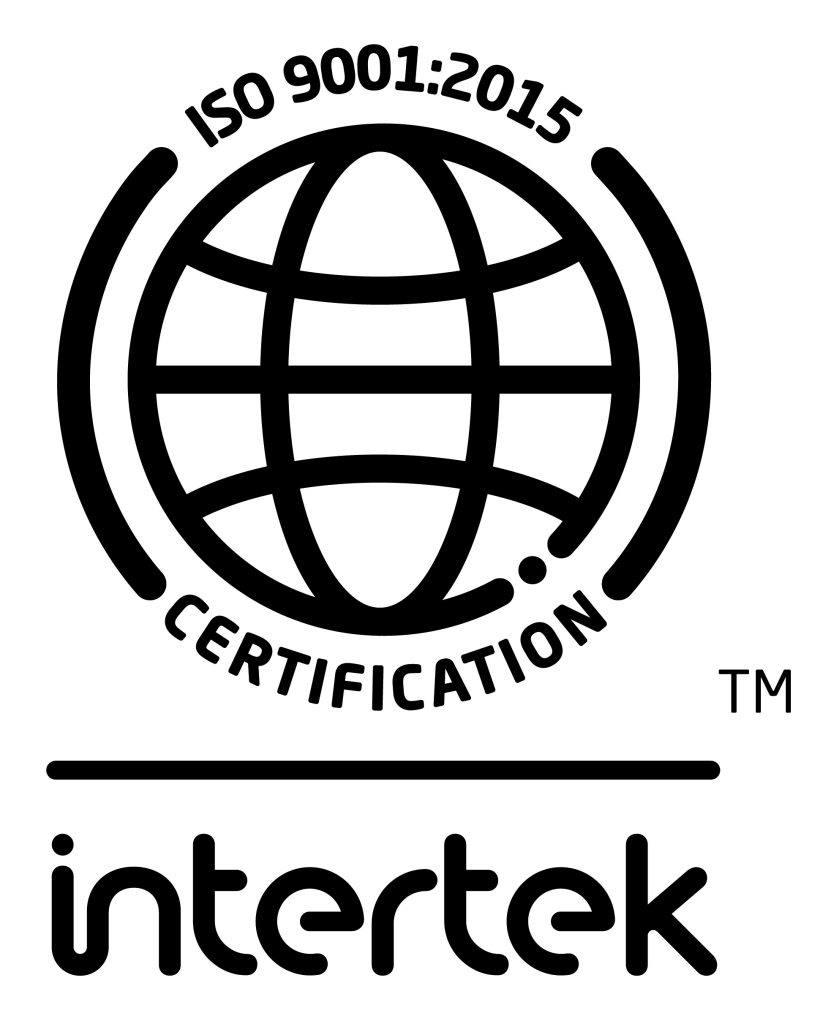One of the oldest forms of mass-producing goods by replication, sand casting has allowed different industries to grow and prosper over the years. Before sand casting, companies replicated prototypes in different ways and there were always slight variations in the replica when compared with the original. Sand casting allowed companies to make replicas that are the exact copies of a product without even minute deviations.
A sand casting company, sometimes known as a sand casting foundry or just foundry, uses different types of base sands in the casting process. All casting sands have their own pros and cons and are used for casting different metals. Here are the 3 cost-effective casting sands for foundries:
Silica: Silica is one of the most affordable casting sands used in foundries. It occurs naturally and can be found at beaches and river beds easily. The level of purity of silica makes it ideal for casting different metals. For instance, for steel casting, the silica base sand that needs to be used must be at least 98% pure whereas, for the casting of non-ferrous metals, a purity of 94% or higher is desirable.
Chamotte: Chamotte sand is made by calcining fireclay. After silica, it is the second most affordable casting sands used by foundries. Chamotte sand has coarse grains and can only be used for dry sand casting. Unlike silica, this casting sand has a high fusion point and low thermal expansion. It is relatively safer to use than silica. Many foundries that want to cut costs use chamotte instead of silica since it is safe to use.
Olivine: Olivine sand is a mixture of magnesium and iron orthosilicates from Dunite (a mineral). It is free from silica and has a high fusion point in addition to low thermal expansion. This sand requires less water than silica sands and holds the mold together during handling and pouring of the metal. It is frequently used for aluminum-casting.



